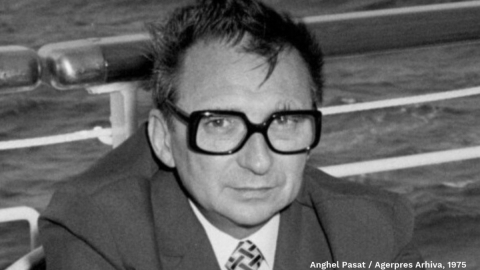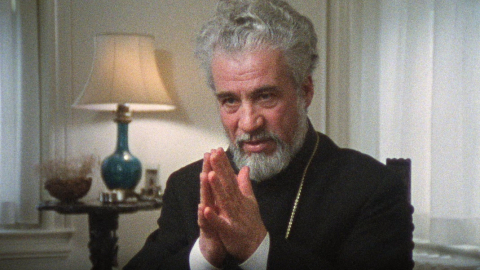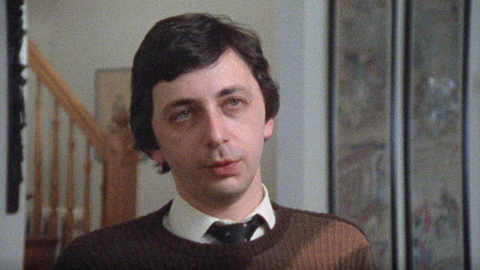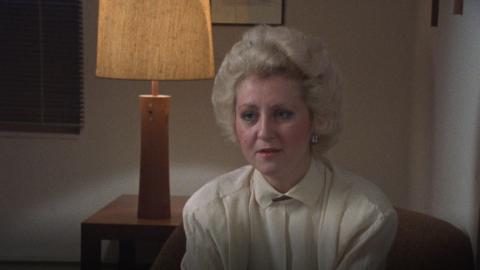Romania
The harshest conditions we faced for filming were in Romania. The regime here was even more totalitarian than in the surrounding countries, paradoxically because it was greatly independent of Moscow. The dictator kept the Soviets at a distance not because he wanted something better for his country but to ensure that no-one interfered with his policy. However, he was much more hard-line in many respects, so while there were Gorbachev’s reforms, Romania was truly a museum of communism. There was a shortage of basic foodstuffs, poor healthcare and social care and electricity was available only for a few hours a day, yet the head of state was building a huge luxurious palace in the middle of the capital. The country was much closer to Central Asia than Europe. Our crew was assigned someone not to accompany us, but a real guard who followed our every footstep and watched us closely. It was difficult to shoot anything under such circumstances, as he would immediately report any departure from the permitted plan. We became desperate about him. We did not want to shoot just the construction work on an immense canal on the Danube that was flaunted as one of the successes of socialism, for instance, but wanted to capture the fact that this socialist achievement was built by political prisoners. When we wanted to shoot forced labour camps, we had to drive down a side street so that the camera operator could secretly shoot footage through the window, while we all pretended to be feeling sick and asked the driver to drive very slowly. We used similar tricks more than once. It wasn’t possible, for instance, to say in front of our guard that Ceausescu was the disgrace of European civilisation and must be done away with, so we repeated the take so many times until he became totally frustrated, stopped paying attention and I was eventually able to say this to the camera at the stairway in front of the ruler’s palace in the middle of Bucharest.
Jacques Rupnik
Interviews

Ion Mihai Pacepa12. 1. 1988 | ?
Ion Mihai Pacepa was a general in the Romanian communist secret police, Securitate, which he joined in 1951. He acted as a top counselor for the President Nicolae Ceaușescu and he was deputy of the head of the External Intelligence Service. In 1956...

Părintele Gheorghe Calciu-Dumitreasa13. 1. 1988 | Washington, D.C., USA
Romanian priest and dissident, he served 21 years in prison during communism, according to his own testimony. He was incarcerated between 1948-1964 and again between 1979-1984. He also spent a year under house arrest together with his...

Vladimir TismăneanuWashington, D.C., USA
Romanian and American political scientist, professor of politics,president of the Presidential Commission for the Analysis of the Communist Dictatorship in Romania (2006–2007), chair of the editorial committee (2004-2008) and editor (1998-2004) ) of...

